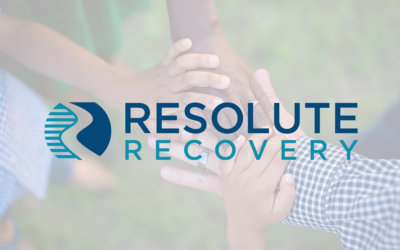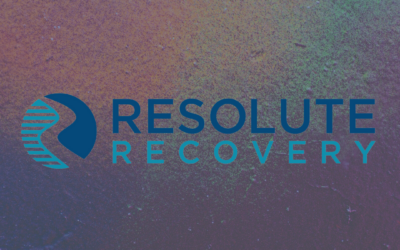The opioid crisis is a pressing issue that has left no corner of the United States untouched. Massachusetts, with its rich history and diverse communities, has not been exempt from this crisis. Salem, a city known for its maritime history and the infamous witch trials, also faces the challenges brought on by opioid misuse. Its proximity to Lynn, MA, further intertwines its narrative with the broader opioid narrative of the North Shore area.
Historical Context
The opioid crisis traces back to various roots, with prescription opioids, heroin, and fentanyl playing significant roles in its unfolding. In order to understand the history of the opioid crisis in Salem, we need to take a look at the Legacy over prescription and Addiction. As well as the shift that happened from Fentanyl to Heroin.
A Legacy of Over prescription and Addiction
The roots of the opioid crisis in Salem, like the nation as a whole, can be traced back to the overprescription of pain medication. In the late 1990s and early 2000s, pharmaceutical companies aggressively marketed opioids, downplaying the risk of addiction. Doctors, following industry guidance, readily prescribed these powerful medications for chronic pain. This led to a surge in opioid dependence, particularly among those with pre-existing risk factors for addiction.
A Shift to Heroin and Fentanyl
As prescription opioids became more tightly controlled, many struggling with addiction turned to cheaper, readily available alternatives. Heroin, a highly addictive illegal opioid, saw a significant increase in use. More recently, the emergence of fentanyl, a synthetic opioid even more potent than heroin, has further exacerbated the problem. Fentanyl is often mixed with other drugs, making overdoses more likely and deadlier.
In regards to the Salem, MA area. The year 2020 marked a concerning rise in opioid overdose deaths in Massachusetts, a rise of 5% marking the first increase in three years and climbing to a level slightly higher than the previous peak in 2016 (Salem News). The impact of opioids, particularly heroin and fentanyl, has been felt deeply in Salem and its neighboring communities.
Current State of the Opioid Crisis in Salem
As of June 2023, the data on opioid-related overdose deaths reflects a continued struggle against this crisis in Massachusetts (Mass.gov). The ripple effects of these statistics are felt heavily in communities like Salem, where local resources are stretched to combat the crisis.
Local Efforts to Combat the Opioid Crisis
In a significant stride towards battling the opioid crisis, Salem secured funding as part of a historic lawsuit against pharmaceutical companies, earmarked for bolstering the response to the opioid crisis (City of Salem). Furthermore, there were Initiatives such as free Narcan training offered by the Salem Board of Health and the Healthy Streets Outreach Program have been launched to empower residents and businesses in identifying and responding to opioid overdoses (Newsbreak). Moreover, grants for opioid prevention were awarded to several schools in Salem and nearby areas, underscoring the community-wide effort to address the crisis (Patch).
Future Projections and Ongoing Initiatives
Moreover, Salem plans to leverage the received funds to expand and strengthen public health efforts targeting the opioid epidemic. This includes investing in overdose prevention, treatment, public education, and other initiatives aimed at reducing addiction and providing care for those affected by this crisis (Mass.gov).
Conclusion
Finally the fight against the opioid crisis in Salem, MA, is not over. It is a testament to the community’s resilience and commitment to overcoming this challenge. We believe at Resolute Recovery that we as a community will be able to overcome this crisis. Through a combination educational initiatives, and community engagement. Salem continues to forge a path towards a safer and healthier community in the face of the opioid crisis.
Additional Resources:
- National Institute on Drug Abuse: Opioids
- Centers for Disease Control and Prevention: Prescription Drug Overdose
- The Jed Foundation: Helping Teens Avoid Prescription Drug Misuse





